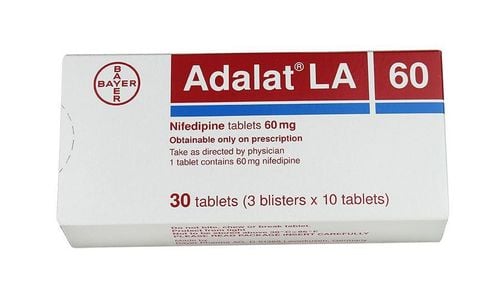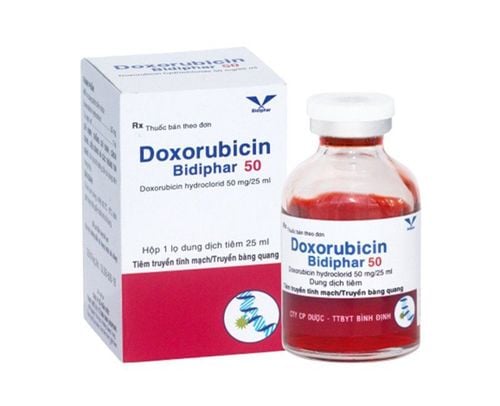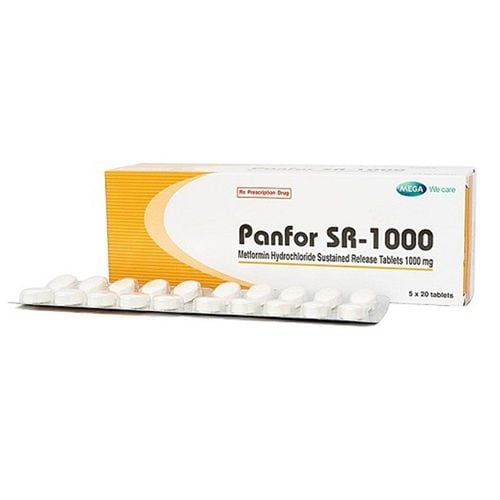This is an automatically translated article.
Now, to check your levels of electrolytes like potassium, sodium or kidney clearance, your doctor may order a BMP test, also known as a metabolic panel. basic. This test actually consists of 8 different tests, helping to measure fluid balance, kidney function and blood sugar. If the BMP test shows an abnormal result, it could be a sign of a medical condition that needs to be treated.1. What is the Basal Metabolic Panel (BMP)?
The basal metabolic panel (BMP) is a test that measures 8 different substances in the blood. It helps provide important information about your body's chemical balance and metabolism. Metabolism is a process by which the body uses food and energy.The Basal Metabolic Table (BMP) usually includes tests for the following:
Glucose: This is a type of sugar in the blood that serves as the body's main source of energy. Glucose testing is often used to help identify and monitor diabetes. Calcium: This is one of the most important minerals in the human body. Calcium is essential for the normal functioning of muscles, nerves and the heart. If the basal metabolic panel results are low, this may indicate that you have conditions such as calcium/vitamin D/magnesium deficiency, pancreatitis, malnutrition or neurological disorders. A high value is often associated with hyperparathyroidism, kidney disease, vitamin D excess, or cancer. Sodium: This is one of the main salts of the human body, responsible for water balance and muscle or nerve functions. Low values of the basal metabolic rate test may indicate conditions such as diarrhea, diuretic abuse, or adrenal insufficiency. A high value is often associated with problems such as dehydration, kidney dysfunction, or Cushing's syndrome.

Natri trong trao đổi chất cơ bản thấp gây ra tiêu chảy
2. What is the basal metabolic panel (BMP) commonly used for?
The basal metabolic panel (BMP) is commonly used to help check various functions and processes in the body, including:Fluid and electrolyte balance Kidney function Acid and base balance body metabolism Blood sugar
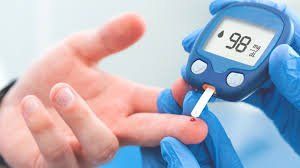
Bảng trao đổi chất cơ bản giúp kiểm tra lượng đường trong máu
3. When should a BMP test be performed?
A basal metabolic panel (BMP) is often done as an important part of a routine health checkup. You may also need a BMP in the following situations:Being treated in the emergency area Being monitored for certain chronic conditions, such as kidney disease or high blood pressure.
4. Procedure for performing BMP . test
Before your BMP test, you should fast for 8 hours. During a BMP test, your doctor draws a certain amount of blood from a vein in your arm through a fine needle. Here are the specific steps of performing a basal metabolic test , including:Clean the patient's skin Emphasize the vein by tying an elastic band over the area to be drawn Inserting the needle into the vein vein and draw blood into the syringe Remove the rubber band, then slowly remove the needle from the vein. In general, you may feel a slight sting as the needle enters or leaves the vein. The process of taking a blood sample usually takes less than 5 minutes.
In infants during basal metabolic testing, a blood sample can sometimes be obtained from the heel. After cleaning the area to be tested, the doctor will insert a needle into the child's heel. During the blood sampling process, parents should stay with their children and encourage them to relax by breathing deeply to make the blood collection easier.
The basal metabolic panel (BMP) is a safe and low-risk test. You may feel some mild pain or bruising at the site where the needle was inserted into the vein, but most of these symptoms go away quickly.
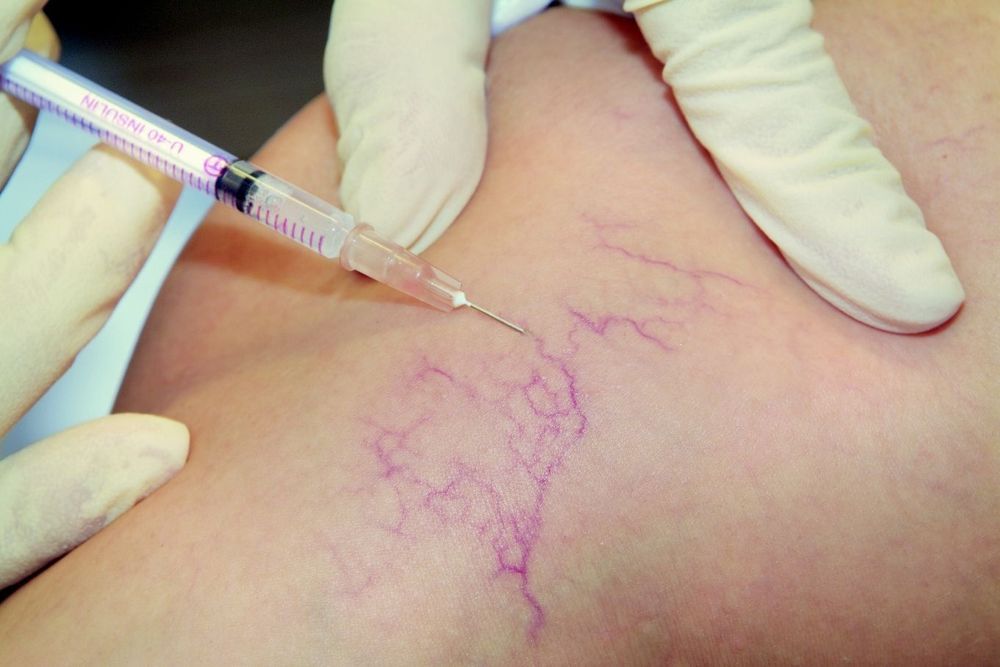
Xét nghiệm bảng trao đổi chất cơ bản có thể gây bầm tím
5. Meaning of BMP . Test Results
If any result or combination of BMP test results shows abnormalities, it may indicate certain health conditions of the patient, such as breathing problems, kidney disease, and kidney disease. complications related to diabetes. Patients may also need more tests to confirm or rule out a particular diagnosis.If you have any questions about your basal metabolic panel results, you should contact your doctor for more information. Currently, there is a test method similar to BMP, called a comprehensive metabolic panel (CMP). The CMP test also includes the same 8 tests as the BMP. In addition, it also includes additional tests such as:
Albumin: Is a protein produced in the liver Total protein: Helps measure total blood proteins ALT (alanin transaminase), ALP (alkaline phosphatase) and AST (aspartate aminotransferase): These are all different enzymes, made by the liver. Bilirubin: A waste product produced by the liver. Your doctor may order a CMP test instead of a basal metabolic panel (BMP) to get a more complete "picture" of the health of your organs, or to help check for diseases. liver or other specific problems.
Please dial HOTLINE for more information or register for an appointment HERE. Download MyVinmec app to make appointments faster and to manage your bookings easily.
Reference source: medlineplus.gov




